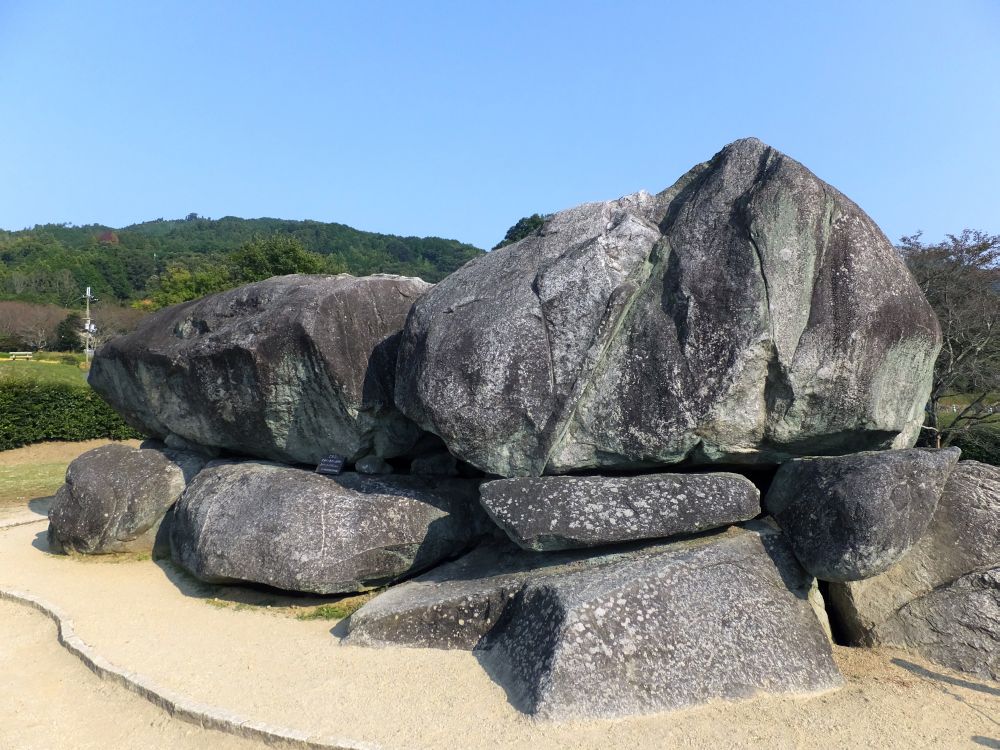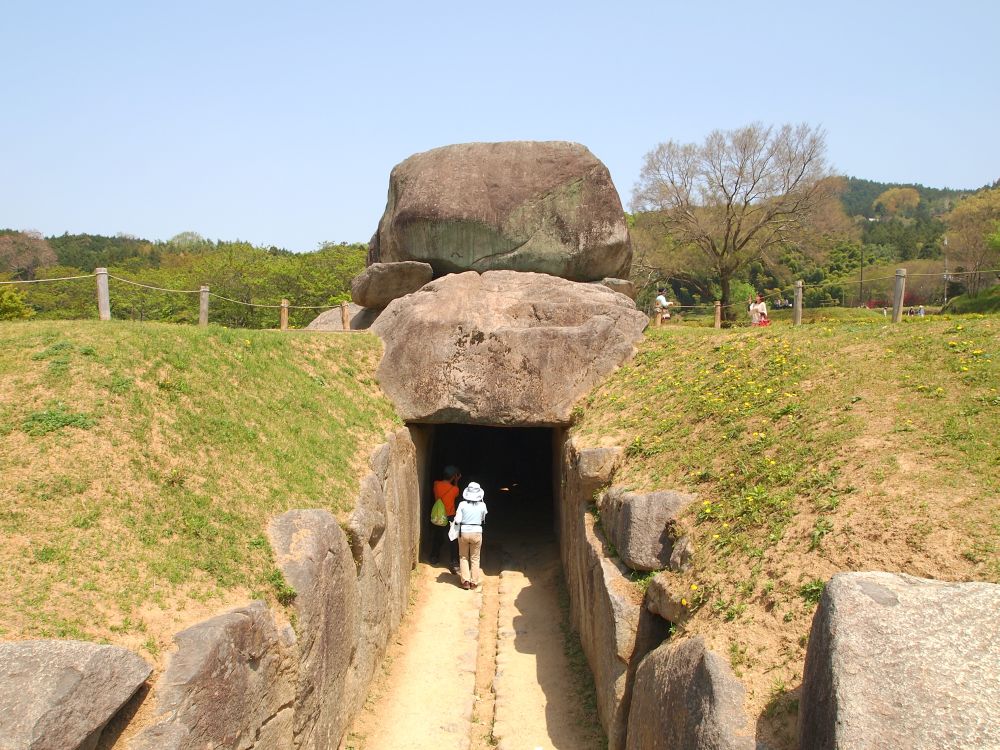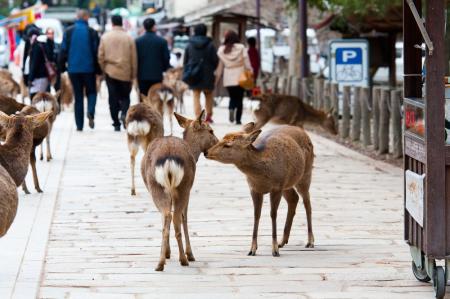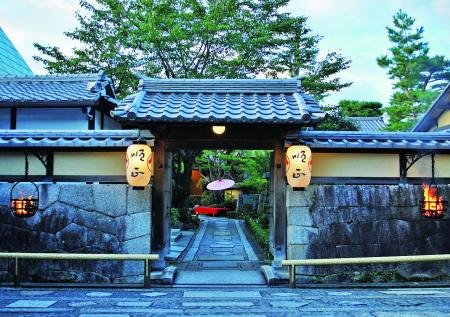Nara, Japan Jan. 29 Wed 7:14AM
Ancient Tomb
Ishibutai is a stone structure from the Asuka Period, and is believed to be the tomb of Soga no Umako. It is 177 feet long, and is the largest known megalithic structure in Japan!
Soga no Umako was a member of the powerful Soga clan of Japan. He was a strong advocate of Japanese Buddhism.
In 1954 the kofun was designated one of the 75 Special Historic Sites of Japan.

Name
The word ishibutai is a combination of the Japanese words “stone” and “stage.” This structure is thus thought of as a large stone stage.
Structure
Since Ishibutai Kofun is a tomb, it consists of a gallery entryway with stone walls and two large stones that act as a ceiling for the structure. There are 30 stones, each from Mount Tōnomine, that make up the entire edifice.
The stones were moved into their positions using wooden rollers, ropes, and pulleys.

Nearby
The grassy land surrounding the stones is a popular area for picnics - cherry blossoms are in bloom during the spring and bright orange and red safflowers bloom in the summer. The spider lily is a plant that is often associated with graveyards. In the fall, spider lilies grow around the tomb.
Access
Ishibutai can be accessed from Asuka Station – you can get a taxi from the station, but another option is to rent a bicycle at the station for about 1000 yen/day. The inside of the tomb is open to the public year-round.


